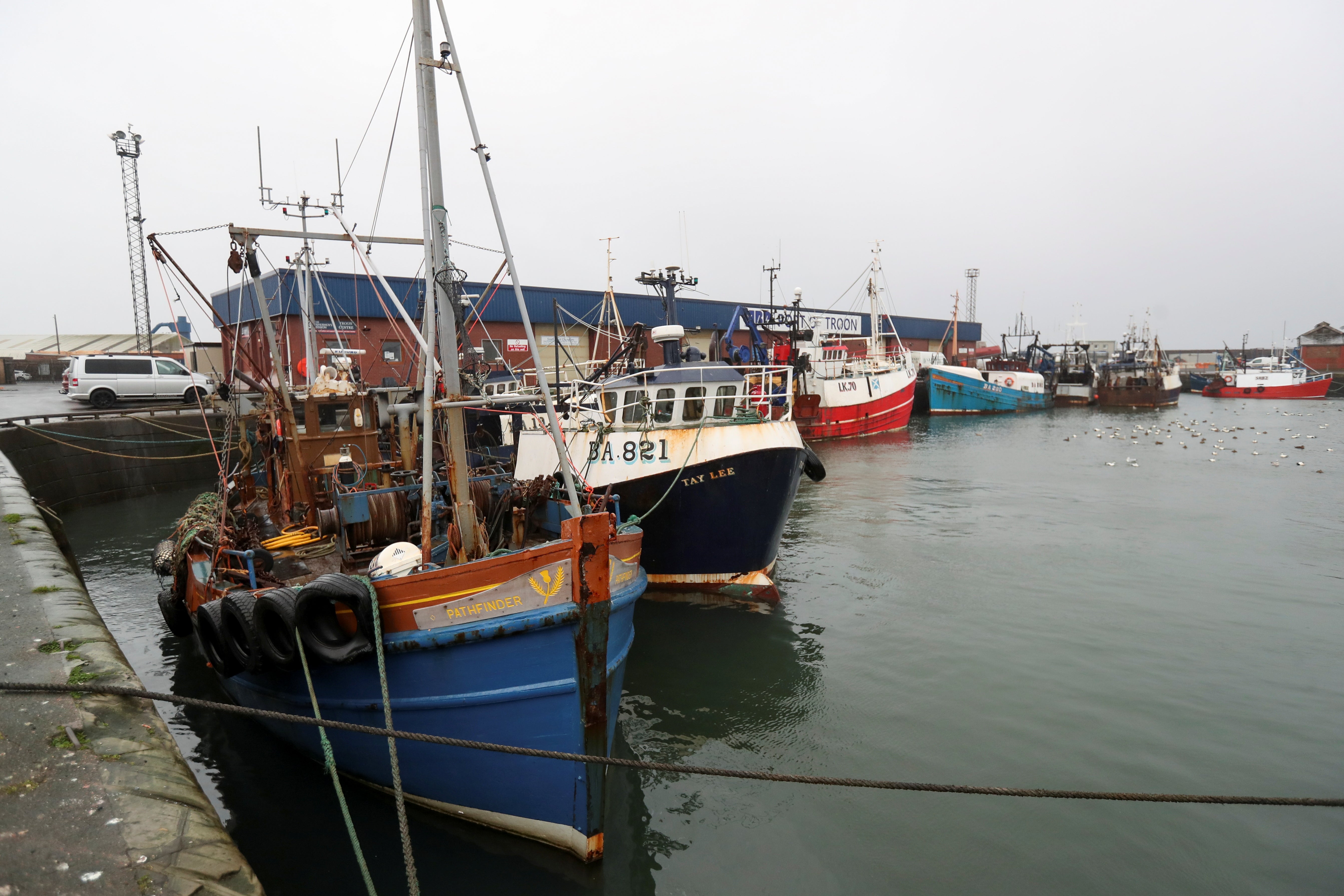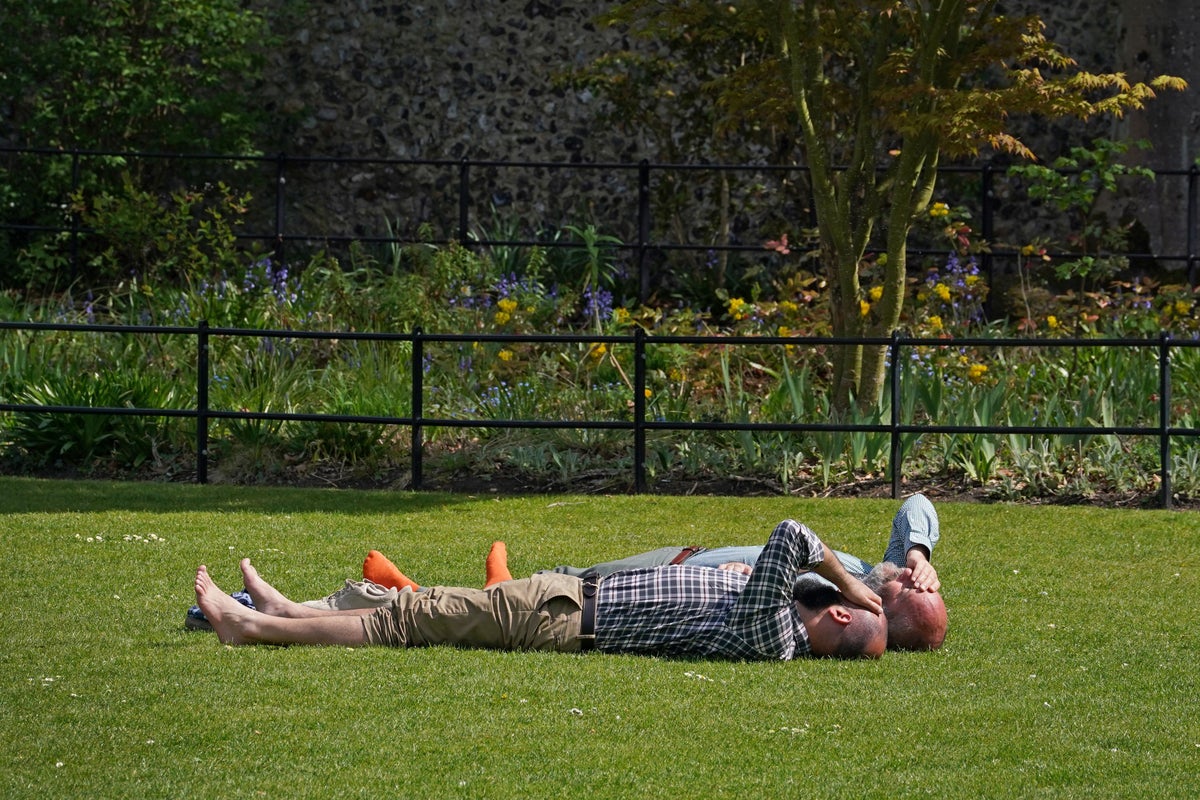The UK will fight in court for its right to ban fishing vessels from catching sand eels, small silvery fish which are often pictured being guzzled by puffins.
The move is thought to be the first courtroom trade battle between the UK and EU since Brexit.
Britain banned sand eel fishing last year in an effort to protect and sustain the numbers of puffins, auks and kittiwakes that eat them.
But the fish are useful as animal feed and bought by fish oil producers. Danish fishing vessels want the right to fish them in UK waters and the EU will challenge the ban in court.
This month there will be a three-day tribunal hearing at the Permanent Court of Arbitration at the Hague after talks to resolve the dispute failed. A final ruling will be made in April.
The ban in England was brought in by the last Conservative government and was hailed by environmentalists. Scotland followed suit shortly after with its own ban.

But the EU argues that it infringes the EU-UK trade deal which promised full fishing access to UK waters.
The rift comes at a sensitive time for EU-UK relations since prime minister Keir Starmer is aiming to strengthen ties with the trading union.
As well as being eaten by puffins, sand eels are eaten by fish such as cod and haddock. Despite their name, they are a fish despite their long, sleek frame, which can grow to 30cm.
Their use in animal feed and fertilizer and subsequent commercial fishing was blamed for a sudden drop in the population of seabirds in the UK.
Conservationists are concerned that if the EU wins its case, there could be other challenges to the UK’s protections of the marine ecosystem.
“If this arbitration decision goes the EU’s way it is likely to lead to France challenging trawling bans in all our offshore marine protected areas and also challenging our fisheries management plans. That would be a most depressing outcome and would remove most of the green gains from Brexit at a stroke,” Charles Clover, co-founder of the Blue Marine Foundation told the Times newspaper.
Source: independent.co.uk



